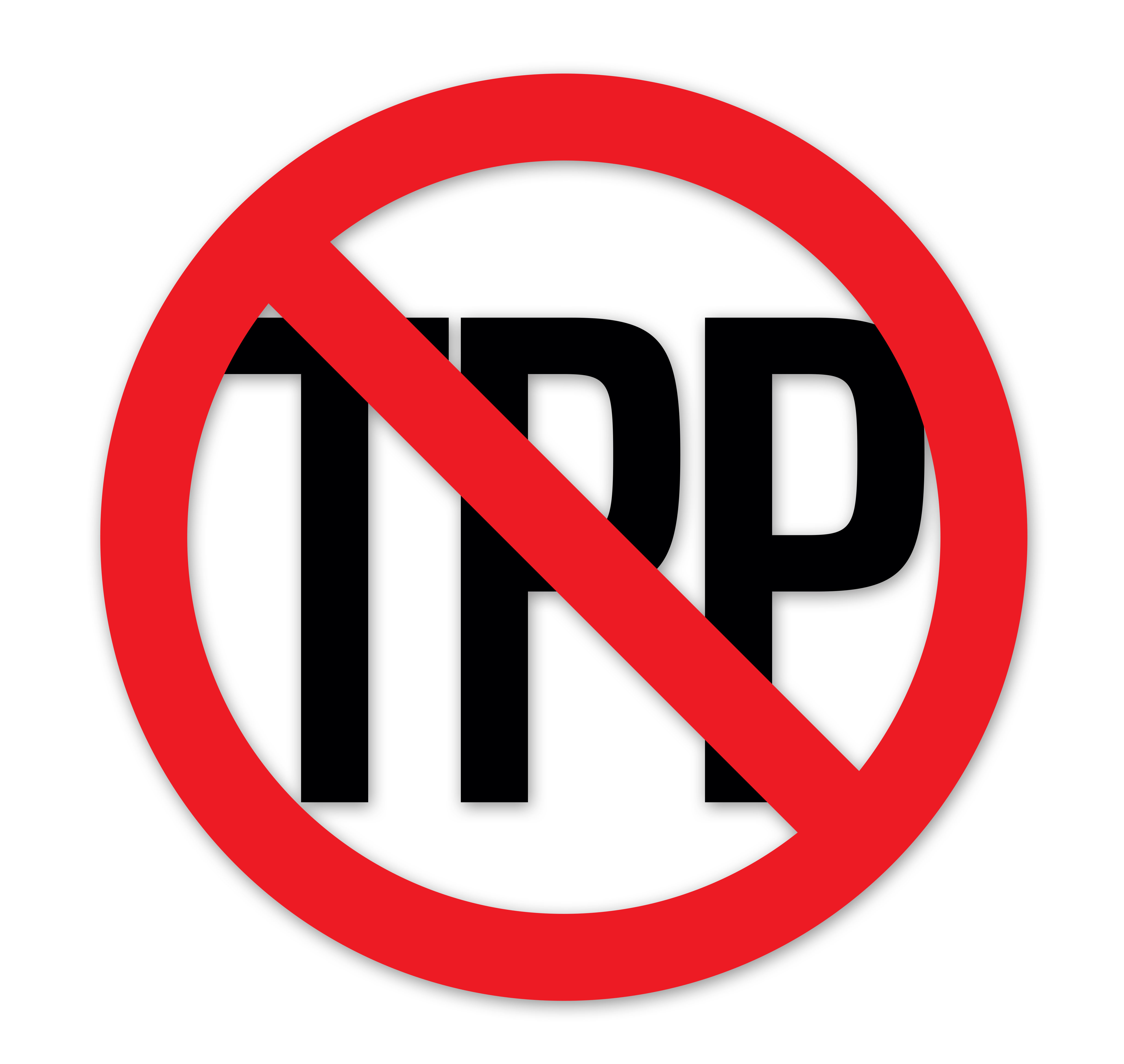Landmark Arbitration Decision Upholds Craft Assignments, Job Posting Rights
December 16, 2016
Arbitrator Stephen Goldberg issued a decision on Dec. 8, 2016, holding that the Postal Service violated the Collective Bargaining Agreement when it failed to assign Sales Retention Team (SRT) center work to the Clerk Craft and post the positions for bid.
In October 2012, the USPS set up the SRTs to reach out to small and midsized customers who they believed were likely to leave the Postal Service. The employees working at these sites followed customized scripts to persuade customers to stay. The Postal Service assigned employees from all crafts on the workers compensation rolls to work at the sites without first posting the jobs for bid to Clerk Craft employees as required.
The APWU successfully argued that the work performed by the SRT employees is part of the Clerk Craft. It is very similar to the positions at established call centers, where employees interact over the phone with customers who call the Postal Service for assistance. Goldberg agreed, pointing out “[the SRT workers] do essentially the same work – talking on the telephone to customers and inputting data on computers.”
Arbitrator Goldberg ruled the newly created positions should have been posted for bid per Article 37.3.A.1, which provides that “All newly established Clerk Craft duty assignments shall be posted to craft employees eligible to bid within 28 days.”
As remedies for the violations in the case, Goldberg ordered the Postal Service to:
- Cease and desist from the violations of the National Agreement found in this case,
- Assign SRT work to Clerk Craft employees, and
- Post SRT work assignments for bid without delay.
Arbitrator Goldberg declined to order a monetary award at this time, stating he is “unwilling to determine an appropriate financial remedy for this violation without first providing the parties with the opportunity to discuss and perhaps resolve that question.” After 60 days, either the USPS or the APWU may ask the Arbitrator to decide the issue of a monetary remedy.
“Under our Collective Bargaining Agreement these jobs always should have been performed by Clerk Craft employees and now they will be,” said President Mark Dimondstein. “This is an outstanding award that secures current and future work for the Clerk Craft.”
“Much thanks go to witnesses Linda Moss at the Coppell, Texas facility and Lorinda Miller at the Troy, Michigan facility who testified to the work performed at the Sales Retention Centers,” said Clerk Craft Director Clint Burelson. “Great work was also done by Assistant Clerk Craft Director Lamont Brooks who filed the national dispute and worked tirelessly as the case officer.”

Big Victory for Workers,
Together We Stopped the TPP!!
The 114th U.S. Congressional session is over and the Trans-Pacific Partnership (TPP) is officially dead. This victory comes despite it being a signature effort of the White House and Republican-controlled Congress, supported by business lobbyists and the Chamber of Commerce. 
“The TPP was killed because workers stood up and fought back,” said President Mark Dimondstein. “It was very impressive that every labor union came together to fight this rotten trade deal designed to benefit the multinational corporations and big banks at the expense of workers everywhere.”
The “free trade” agreement was with 12 countries along the Pacific Rim, including Canada, Japan and Vietnam, and was intended to reduce restrictions on trade. The deal was aimed at helping multinational corporations outsource even more jobs to low-wage countries. It would have accelerated the global ‘race to the bottom’ in wages and benefits for working people.
Specifically for APWU members, the TPP would have opened the doors for the U.S. Postal Service to be permanently outsourced and privatized. If passed, it would have eliminated postal jobs and lowered wages.
There were several articles in the deal that targeted postal services. They were included at the request of the USPS’s private competitors, including UPS and FedEx. One specifically “direct[ed] targets on how postal systems are permitted to operate.” Another provision was included “to address the unique challenges private suppliers face[d] when competing with national postal entities in express delivery.”
Millions ‘Stood Up and Fought Back’
The Anti-TPP movement was composed of not just union members, but also human rights, health care, and environmental activists. All campaigned together to put public pressure on Congress to stop it.
With the support of workers and activists across the country, Senator Bernie Sanders made the issue a key part of his presidential campaign. Soon all Democratic and some Republican candidates were declaring themselves against the trade deal.
After the primary season was over, public pressure did not let up. On August 23, 2016, the APWU lead an Anti-TPP rally in Orlando, FL. The APWU also participated with almost 90 organizations in a National Call-in Day to stop a vote on the TPP.
The candidates from both major political parties, Hillary Clinton and Donald Trump, said they were against it. It was clear the majority of voters did not want it to pass. This led to the TPP’s swift death after the 2016 election.
New Trade Agreements on the Horizon
“The struggle is not over,” warned Dimondstein. “There are proposed trade agreements right now being discussed and negotiated, like TiSA [Trade in Services Agreement] and TTIP [Transatlantic Trade and Invest-ment Partnership], which could end up being as bad for workers as the TPP.
“We will continue to watch these deals as they develop,” Dimondstein continued. “If they threaten the rights of workers or the public Postal Service, we will be in the streets opposing them, just like we did with the TPP.”
Hundreds of SPSS Clerk Craft Jobs Preserved
The APWU prevailed in an arbitration that for now keeps hundreds of postal jobs in the hands of the Clerk Craft.
The decision clarifies what ability the Postal Service has to change craft work assignments for new machinery. When the new Small Parcel Sorting System (SPSS) machines were installed, the Postal Service first assigned all of the work to the Mail Handler Craft. After a closer and better review, the USPS reassigned some of the functions, including facing and separating packages as well as sweeping in rotation, to the Clerk Craft.
The National Postal Mail Handlers Union (NPMHU) filed a complaint over the USPS decision to change the work assignments.
On Dec. 3, Arbitrator Joseph Sharnoff ruled in favor of the APWU and the Postal Service on the procedural issue the NPMHU raised over the SPSS assignments. While not ruling on the merits of the craft assignments themselves, (which both the APWU and NPMHU protested) Arbitrator Sharnoff did find that it was proper for USPS to revise its initial jurisdiction assignment in this situation.
With this procedural issue resolved, clerks will continue to be assigned work on the SPSS machines for now, as well as on new SSPS machines that are in the process of being deployed.
The final issue of craft assignment jurisdiction will be resolved either through the agreement of the APWU, NPMHU and the USPS, or by placing the issue back before Arbitrator Sharnoff for a final ruling on the merits of the case.
“This initial decision secures important job protections for our members,” said President Mark Dimondstein. “I want to thank APWU National Dispute Resolution Committee head and Queens Area Local President Ron Suslak and Assistant Clerk Craft Director Lynn Pallas-Barber for their hard work on this case. Also, thank you to the entire Flushing Local leadership, especially Flushing Local Clerk Craft Director Pat Vasquez for her assistance in providing information with the operation and staffing of her local SPSS machine.”



